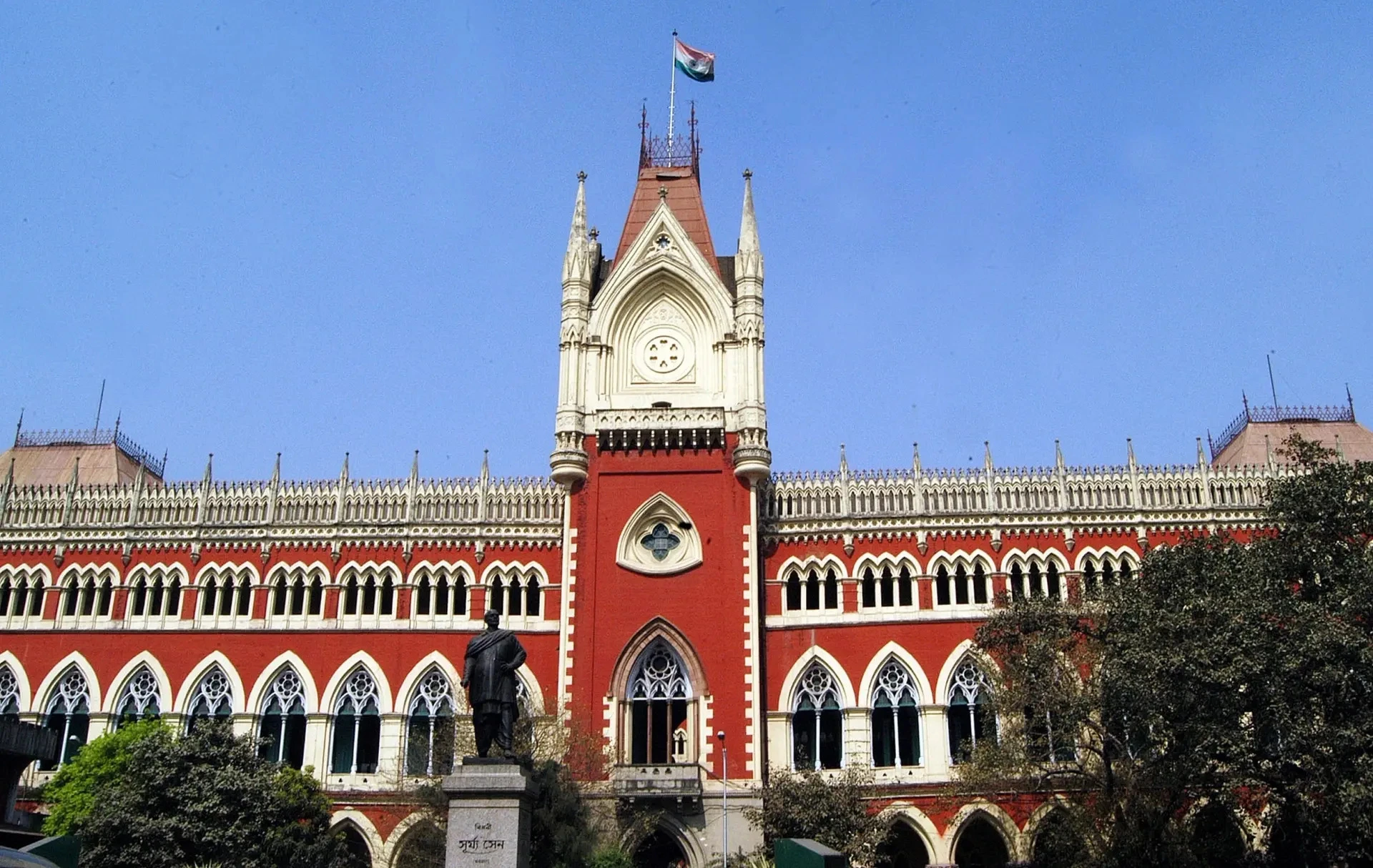In a significant development, the Calcutta High Court on Monday issued an interim stay on the West Bengal government’s latest notifications concerning the Other Backward Classes (OBC) list, halting their implementation until July 31, 2025. The move delivers a substantial blow to the Mamata Banerjee-led administration amid mounting legal and political scrutiny.
Court Criticises Executive Overreach
The division bench, comprising Justice Tapabrata Chakraborty and Justice Rajasekhar Mantha, while hearing multiple petitions challenging the state’s reclassification of communities under the OBC category, expressed concern that the executive cannot override legislative processes.
“You have done half the work under the 2012 OBC Act and then reverted to the 1993 Act. Why was the 2012 Act not amended? The law mandates a decadal survey, which hasn’t been done,” Justice Mantha observed sharply during the hearing.
Focus on 66 Communities; Validity of Pre-2010 Certificates Intact
The current notification includes 140 communities, prompting the bench to direct that steps be taken specifically regarding 66 communities whose inclusion is under question. The court clarified that OBC certificates issued before 2010, under the West Bengal Backward Classes (Other than Scheduled Castes and Scheduled Tribes) (Reservation of Vacancies in Services and Posts) Act, 1993, will remain valid for employment and educational admissions.
Petitioners Question Survey Integrity
The petitioners challenging the notification alleged that the state-conducted survey was flawed, based on limited samples and bearing little distinction from previous lists. The state government admitted in court that the ongoing legal proceedings have already stalled college admissions and recruitment processes.
Centre, NCBC Seek Clarity on Classification
Solicitor General Ashok Chakraborty, appearing for the Centre, highlighted that the National Commission for Backward Classes (NCBC) had sought clarification from the state on how it identified the communities — particularly regarding the overlap between religious identity and caste categorisation.
The NCBC had noted in its internal discussions that many communities listed under OBC had converted from Hinduism to Islam, creating inconsistencies in demographic and census data.
Legislative vs Administrative Conflict
The court pointed out the discrepancy between the legal requirement for periodic surveys and the state’s unilateral classification without proper amendment to the 2012 Act. “You cannot execute half the process and leave the rest to administrative discretion,” the bench remarked, reiterating that rule of law and legislative oversight must be respected.
Next Hearing in July
The case is scheduled for further hearing later in July, by which time the state government is expected to provide detailed clarifications on the methodology, legislative basis, and intended impact of the OBC notifications in question.
Background Context:
The OBC list determines eligibility for reservation benefits in education, public employment, and government welfare schemes. The classification process requires comprehensive socio-economic surveys and approval by legislative or quasi-judicial bodies like the NCBC. West Bengal’s move to revise its OBC list has stirred political and legal controversy, particularly around religion-based classification, with implications for communal equity and legal compliance.


